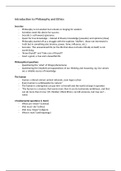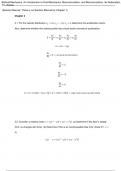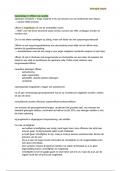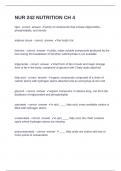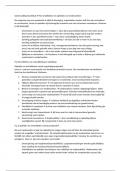Samenvatting
Summary Introduction to Philosophy and Ethics notes
- Instelling
- Radboud Universiteit Nijmegen (RU)
This summary includes all lecture notes for Introduction to Philosophy and Ethics. It includes images to support the written notes. I obtained a grade of 8 using this summary.
[Meer zien]
